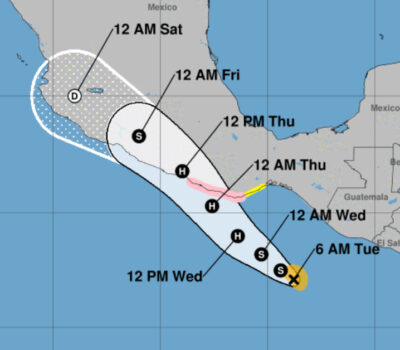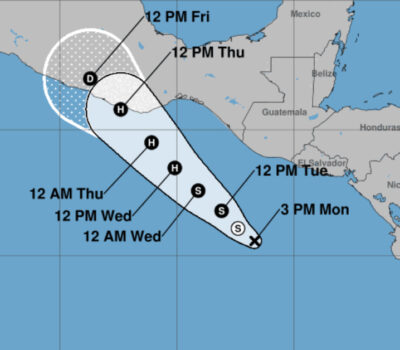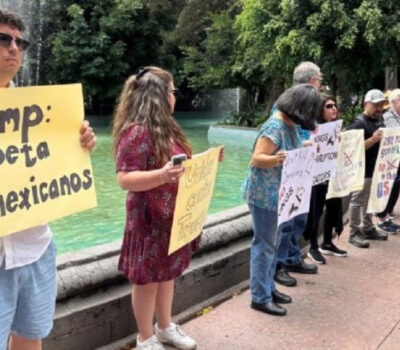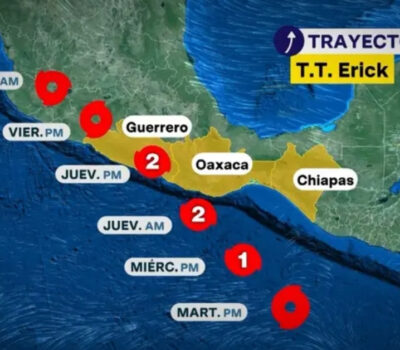Guanajuato’s Congress committee unanimously approved a reform to require sexual and reproductive education in elementary schools, marking a major shift in the state’s education policy.
In a landmark decision that signals a shift in public education policy, the Guanajuato State Congress has taken a significant step toward introducing comprehensive sexual and reproductive education in public elementary schools. The reform, which amends the state’s Education Law, was unanimously approved by the Education, Science, Technology, and Culture Committee this week.
The proposed legislation aims to equip children and adolescents with accurate, science-based information about their bodies, sexuality, and reproductive health—content that has historically been limited or absent in the state’s classrooms due to Guanajuato’s traditionally conservative stance on these topics.
The reform is built on two core initiatives. The first mandates that comprehensive sexuality education be embedded within the standard public education curriculum. The second ensures that reproductive health is addressed from a preventive and educational perspective. Together, these measures are intended to foster a greater understanding of personal health, promote informed decision-making, and reduce risks among young people.
Representative Juan Carlos Romero Hicks, a member of the committee, praised the cross-party collaboration that led to the committee’s unanimous support. “This is a public health issue, not an ideological one,” he said during the session. He also thanked the committee’s technical team for crafting a version of the reform that all parties could stand behind.
Representative Edith Moreno Valencia, who chairs the Education Committee, highlighted the collective effort behind the legislation. “This reform addresses a real need in our classrooms,” she said. “It’s the result of solid work between lawmakers and advisors who understand the importance of this subject for the development of our youth.”
Congresswoman María Isabel Ortiz Mantilla also voiced strong support for the reform, framing it as a tool for empowerment. “The aim is for students to live their sexuality with freedom, responsibility, and respect,” she said, adding that the education must be rooted in scientific knowledge and free from bias.
The approved draft stipulates that the new content should be integrated throughout various subjects in the school curriculum, ensuring a consistent and age-appropriate approach. It also requires that all instructional materials remain neutral, evidence-based, and culturally sensitive.
Although the reform still needs to be passed by the full Congress in a final vote, the level of bipartisan cooperation seen in the committee suggests it will move forward without major obstacles. If approved, Guanajuato will join a growing number of Mexican states advancing more progressive approaches to sex education in schools.
The move is seen as especially notable in Guanajuato, a state long viewed as one of Mexico’s more socially conservative regions. By aligning its educational policies with contemporary health and education standards, lawmakers are signaling a willingness to evolve in response to the needs of today’s youth.
If enacted, the law will represent not only a curricular change but also a cultural one—moving the state closer to national and international norms for health education and potentially setting a precedent for other regions still hesitant to tackle these subjects in public schools.
Guanajuato's Congress committee unanimously approved a reform to require sexual and reproductive education in elementary schools, marking a major shift in . . .












